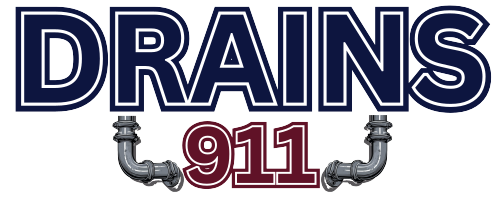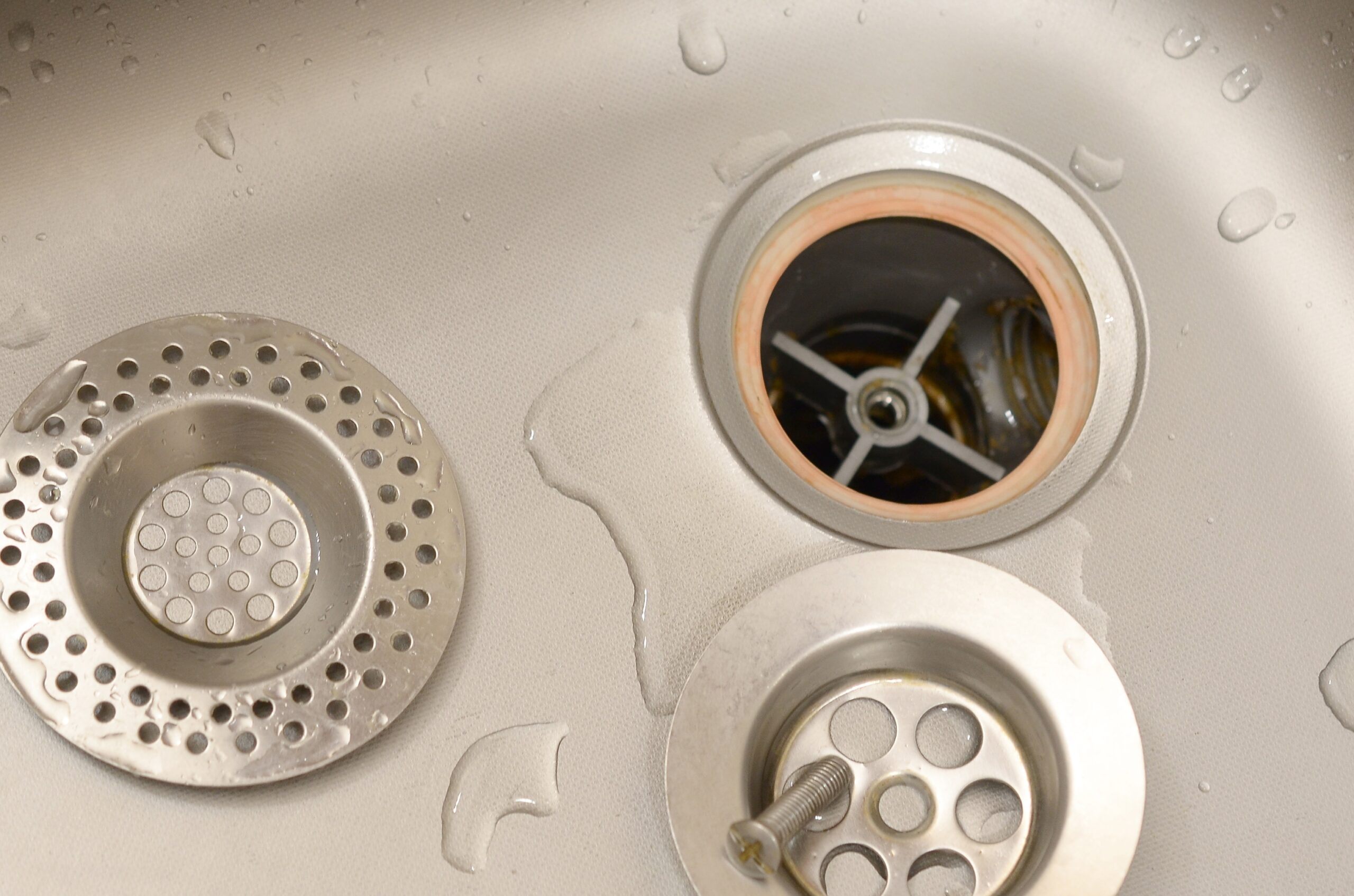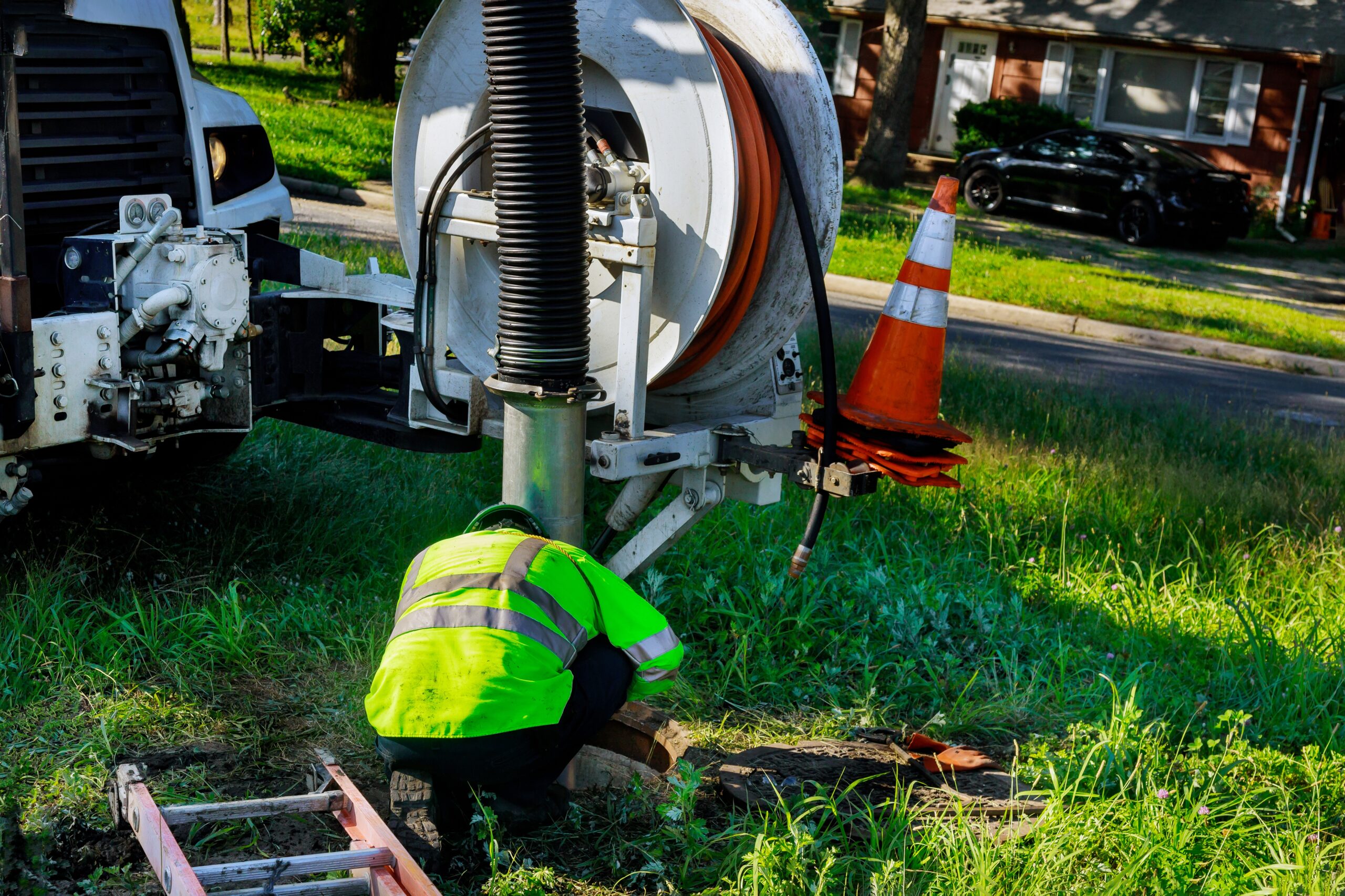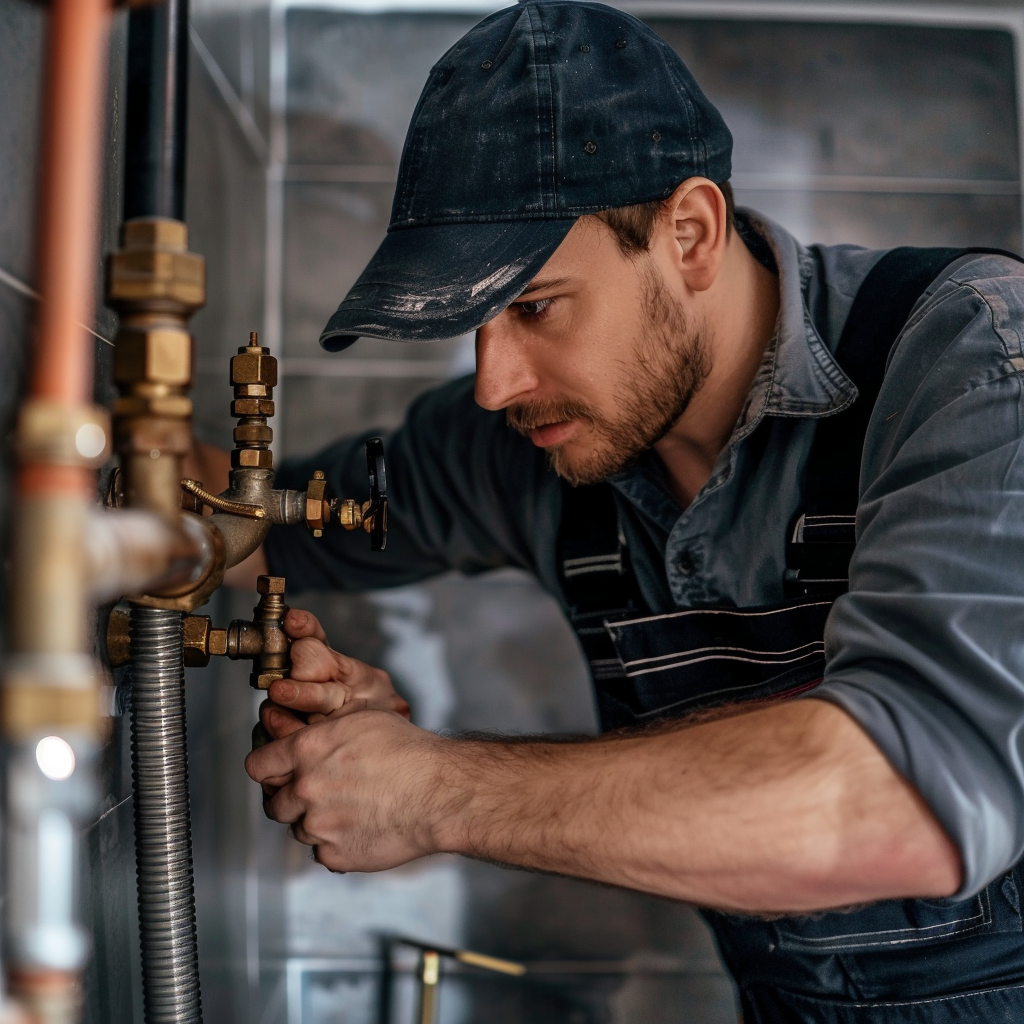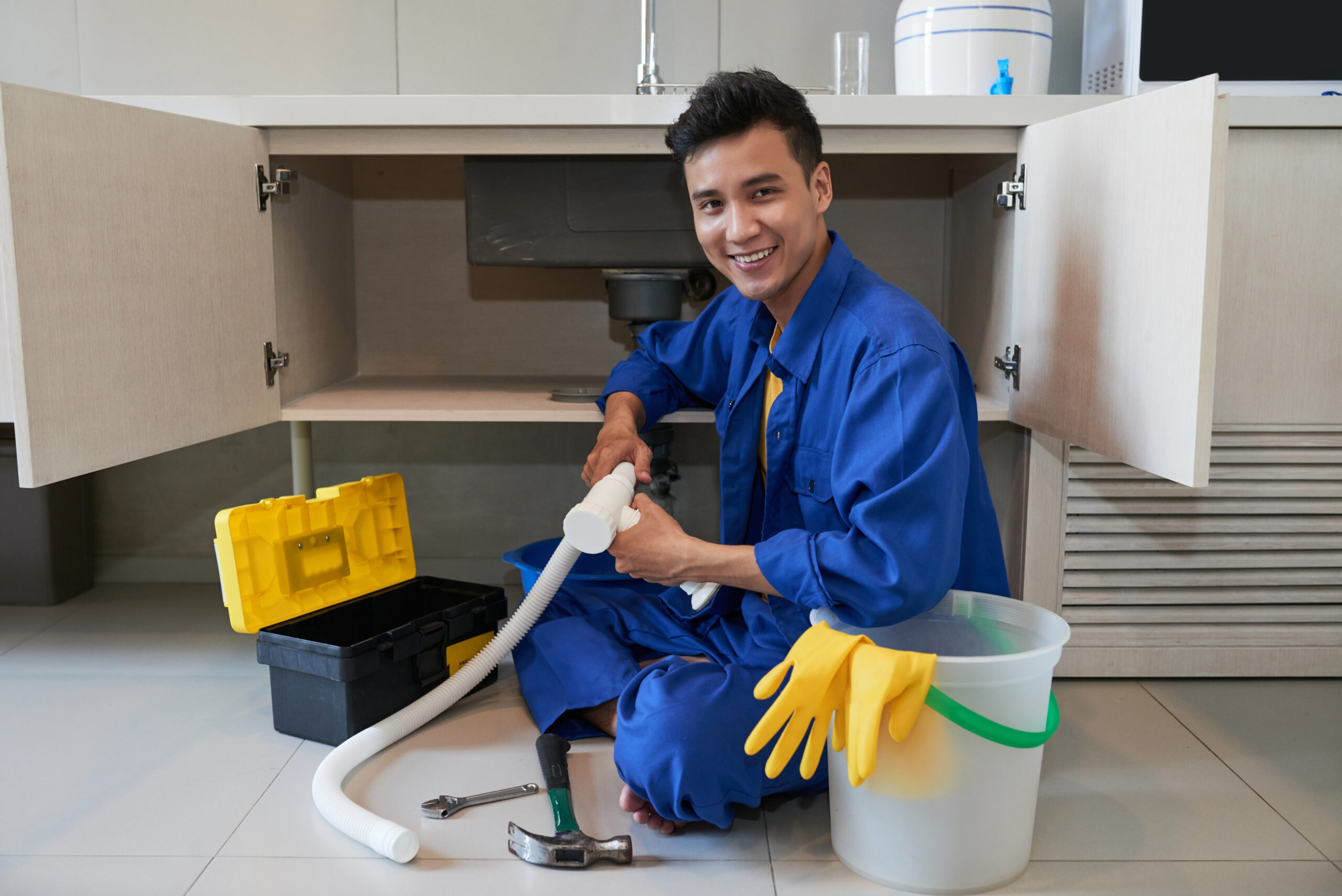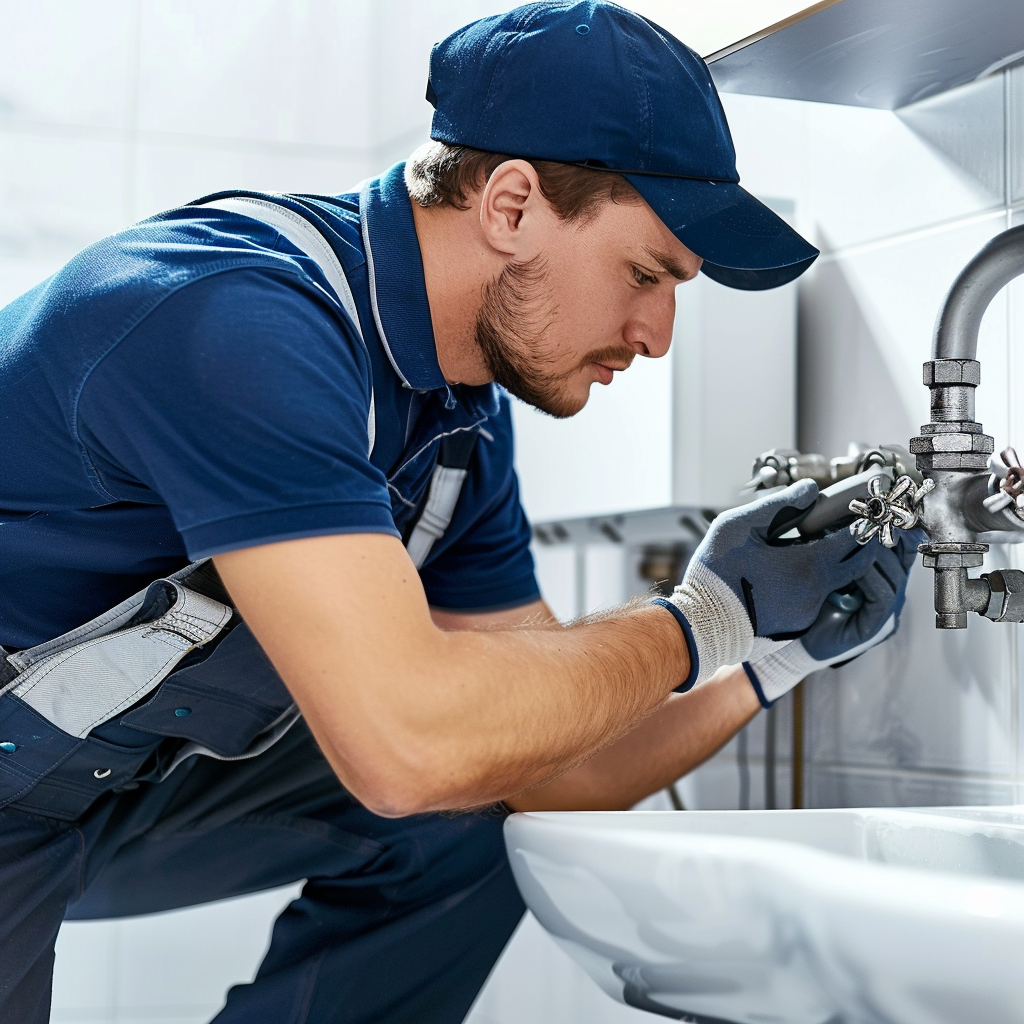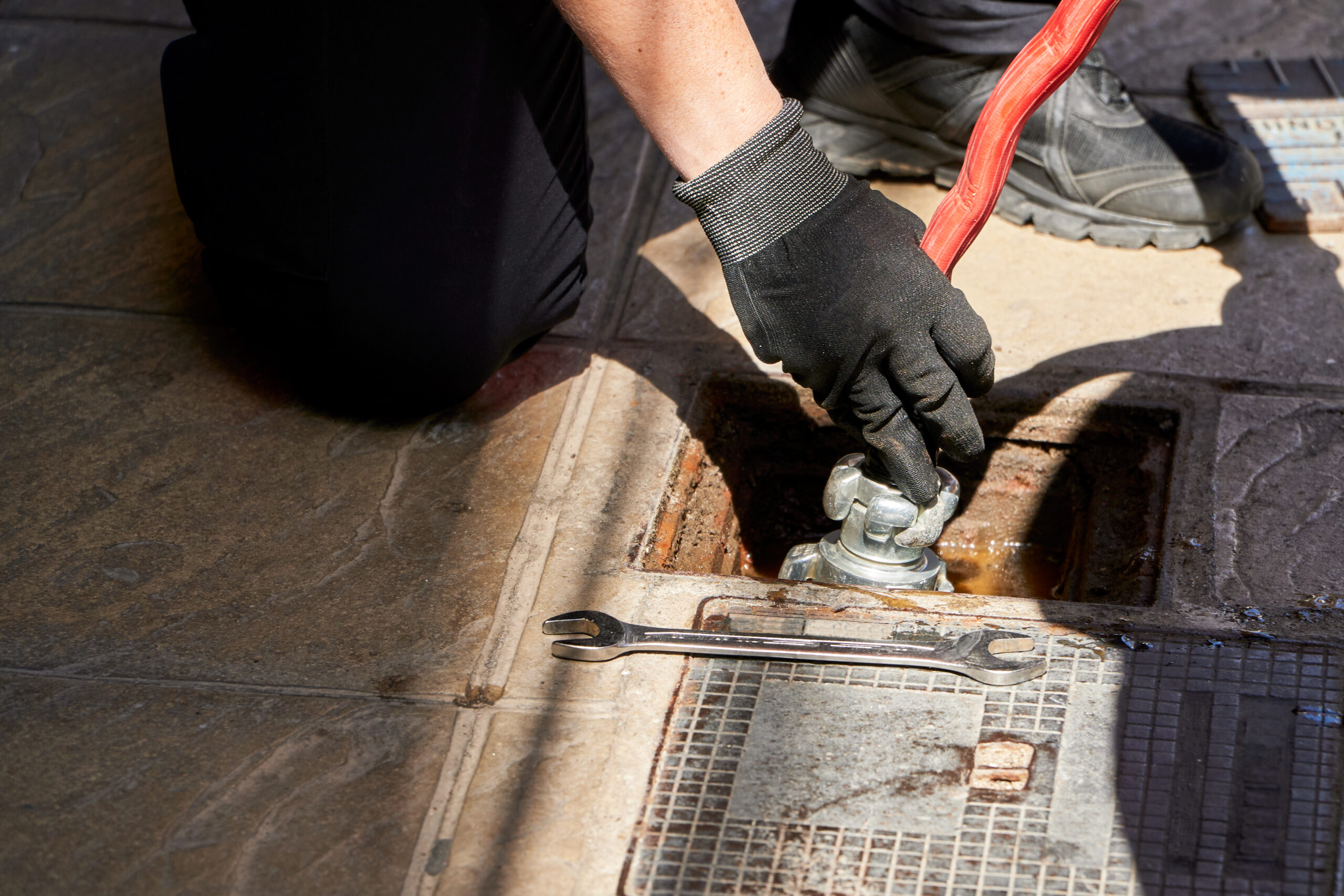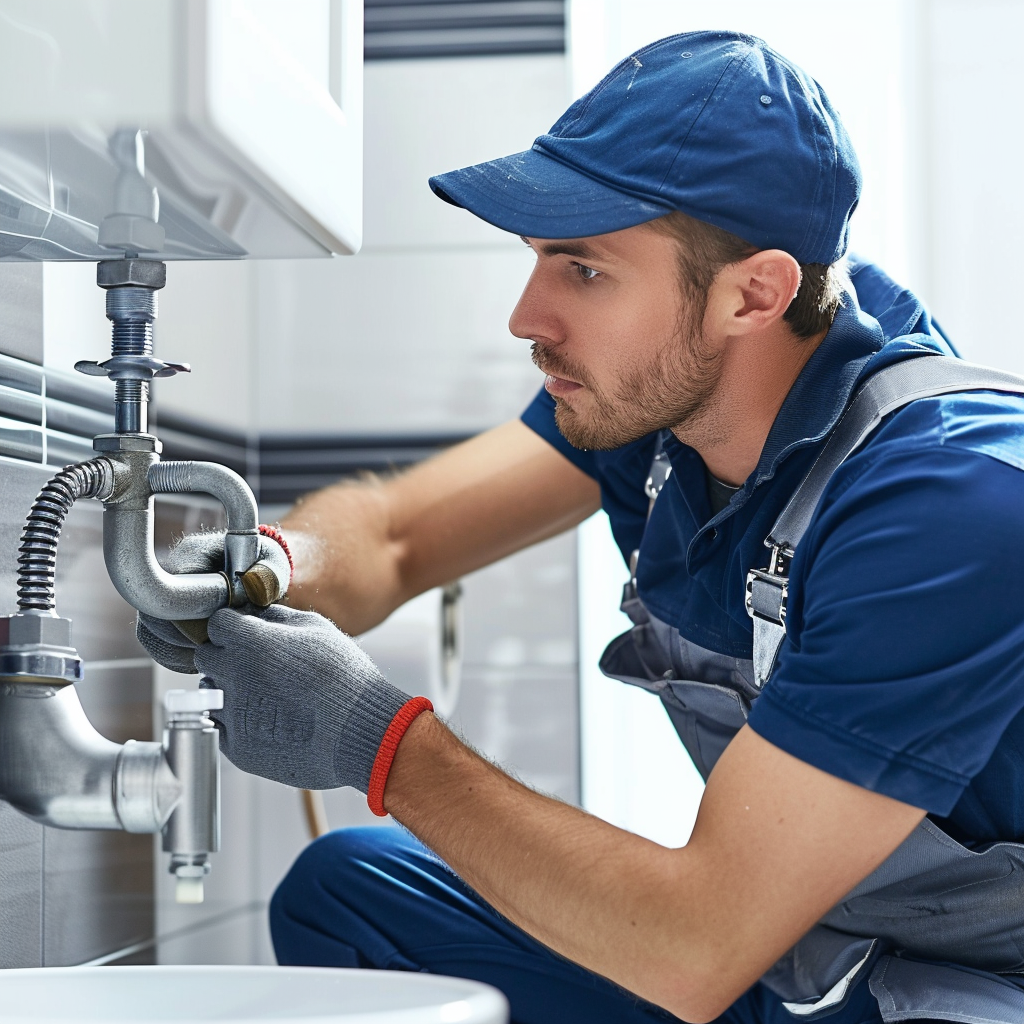
How to Protect Your Drains During Saugus Winters: Tips from the Experts at Drains 911
Winter in Saugus brings with it chilly temperatures, snow, and ice, which can all take a toll on your home’s plumbing system—especially your drains. Cold weather can lead to a host of drain-related issues, from clogs to frozen pipes. As the temperatures drop, it’s essential to take proactive steps to protect your drains and keep your plumbing system functioning smoothly throughout the season. The experts at Drains 911 are here to share their top tips for protecting your drains during the harsh Saugus winters.
1. Insulate Exposed Pipes to Prevent Freezing
When water freezes, it expands, which can lead to pipe bursts and serious damage. Insulating exposed pipes is one of the most effective ways to protect your drains and plumbing system from winter’s chill.
- Use Foam Insulation: Apply foam pipe insulation to any exposed pipes, especially in areas that tend to stay cold, such as basements, attics, or garages. Foam insulation helps maintain a stable temperature and prevents pipes from freezing.
- Seal Any Gaps: Ensure that all doors, windows, and vents near your pipes are properly sealed to keep cold air from entering and affecting the temperature of your pipes.
2. Avoid Pouring Grease or Oil Down the Drain
During the winter months, people tend to cook more, and often that includes hearty dishes that generate cooking oils and grease. Pouring grease down the drain may seem convenient, but it can lead to serious clogs, especially in cold weather.
- Grease Solidifies in Cold Temperatures: As grease cools, it hardens and sticks to the walls of your pipes, eventually leading to blockages. Cold weather accelerates this process, as grease solidifies faster in colder pipes.
- Dispose of Grease Properly: Instead of pouring grease down the drain, collect it in a container and dispose of it in the trash once it cools and solidifies.
3. Run Hot Water Regularly
Running hot water down your drains can help keep them clear and prevent minor buildups from turning into larger clogs. This simple step is particularly effective in winter when pipes are more likely to develop slow-flowing drains due to grease, soap, and debris that can accumulate in cold temperatures.
- Flush Drains After Each Use: After washing dishes or using the sink, run hot water for a minute or two to help dissolve any lingering grease or debris.
- Use Boiling Water for Tough Clogs: For kitchen drains that tend to clog, pour boiling water down the drain once a week. This helps break down stubborn blockages, keeping your drains clear and free-flowing.
4. Use Drain Strainers
Drain strainers are a simple yet effective way to prevent debris from entering your pipes and causing clogs. They are especially helpful in kitchen and bathroom drains, where food scraps, hair, and soap can easily lead to buildup.
- Install Strainers in All Sinks: Place a mesh strainer over the drain to catch food particles, hair, and other debris. Clean the strainer regularly to ensure it remains effective.
- Consider Shower Strainers: Hair and soap residue are common causes of shower drain clogs. Using a strainer in your shower or tub can prevent these materials from entering your pipes and reduce the risk of clogs.
5. Keep Your Home Warm
Keeping your home warm not only makes it more comfortable during winter, but it also protects your pipes and drains from freezing. By maintaining a consistent indoor temperature, you reduce the risk of frozen pipes and help your plumbing system operate smoothly.
- Maintain a Minimum Temperature: Even if you’re away, keep your thermostat set to at least 55°F to prevent pipes from freezing.
- Open Cabinet Doors: Allow warm air to circulate around the pipes under sinks, especially those located on exterior walls. Opening cabinet doors helps warm air reach these pipes and reduce the risk of freezing.
6. Avoid Chemical Drain Cleaners
While it may be tempting to use chemical drain cleaners for stubborn clogs, these products can actually damage your pipes and worsen the problem over time. Chemical drain cleaners can erode pipes, especially in older plumbing systems, making them more susceptible to leaks and cracks.
- Use Natural Solutions: Instead of chemical cleaners, use natural alternatives like baking soda and vinegar. Pour baking soda down the drain, followed by vinegar, and let it sit for about 30 minutes. Then flush with hot water to help clear minor clogs.
- Call a Professional for Persistent Clogs: If your drains are still slow or clogged, call a professional drain service like Drains 911 for a safe, effective solution.
7. Schedule a Professional Drain Inspection
Winter can put added stress on your plumbing system, so scheduling a professional drain inspection before the cold weather sets in is a smart preventative measure. A professional inspection can identify any underlying issues, such as small leaks, blockages, or damaged pipes, and address them before they become bigger problems.
- Professional Assessment: A trained technician can spot issues that might go unnoticed by the average homeowner, ensuring your system is fully prepared for winter.
- Preventative Maintenance: At Drains 911, we offer comprehensive drain cleaning and repair services to keep your drains in top condition all season long.
8. Invest in Hydro Jetting for Deep Cleaning
Hydro jetting is a powerful method for cleaning drains and pipes by using high-pressure water to remove stubborn clogs and buildup. It’s especially effective for older systems or homes that experience frequent clogs.
- Removes Built-Up Debris: Hydro jetting effectively clears away accumulated grease, mineral deposits, and other stubborn debris that can cause winter clogs.
- Long-Lasting Results: Unlike other methods, hydro jetting provides a thorough clean, which helps prevent clogs and extends the lifespan of your plumbing system.
9. Protect Outdoor Drains
Outdoor drains are often overlooked but can be just as vulnerable to winter damage as indoor drains. Fallen leaves, ice, and debris can accumulate in outdoor drains, leading to blockages and potential flooding.
- Clear Leaves and Debris Regularly: Remove leaves and debris from outdoor drains to prevent blockages. Consider using a drain cover to keep larger debris out.
- Insulate or Drain Outdoor Pipes: If you have outdoor pipes, insulate them or drain them for the season to prevent freezing and bursting.
10. Know When to Call a Professional
Some drain issues require professional expertise, especially during the winter months when pipes are more vulnerable to damage. If you notice any of the following, it’s time to call in a professional:
- Persistent slow drains or clogs
- Unusual odors coming from your drains
- Gurgling sounds or backup issues
- Water pooling around outdoor drains
The professionals at Drains 911 have the tools and expertise to address any drain issues you may encounter during the winter, providing effective, lasting solutions that will keep your plumbing system functioning smoothly.
Trust Drains 911 for Your Winter Plumbing Needs
Protecting your drains during winter doesn’t have to be complicated, but it does require a proactive approach. By following these expert tips and performing regular maintenance, you can reduce the risk of winter-related plumbing issues and keep your home’s drains in top condition all season long.
Need help preparing your drains for winter? Contact Drains 911 today at 978-270-1393 or visit our website https://drain-911.com/ to schedule a consultation. Our team of professionals is here to help keep your drains clear, safe, and ready for whatever winter may bring!
